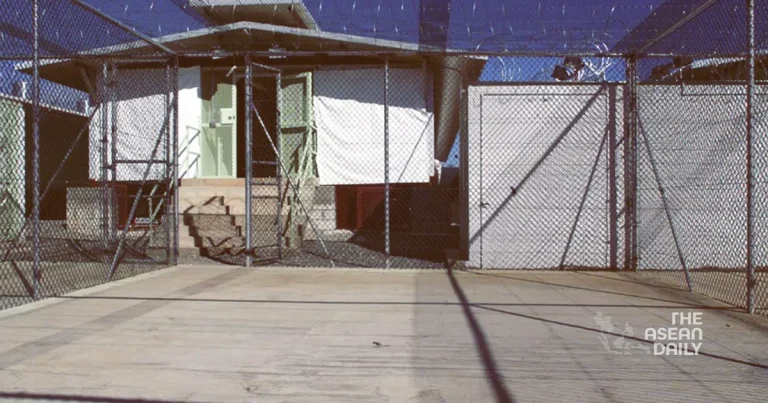18-12-2024 (KUALA LUMPUR) Two Malaysian men detained at Guantánamo Bay for their involvement in the 2002 Bali bombing have been repatriated to Malaysia, marking a significant development in the US military’s ongoing efforts to reduce the prison’s population.
Mohammed Nazir Bin Lep, 47, and Mohammed Farik Bin Amin, 49, who had been in American custody since 2003, were transferred to Malaysian authorities as part of a diplomatic arrangement following their guilty pleas earlier this year. The transfer, which occurred a day after another prisoner’s release to Kenya, brings the total number of detainees at the facility down to 27.
Prior to their release, both men provided crucial testimony expected to aid prosecutors in the forthcoming trial of Encep Nurjaman, known as Hambali, the alleged architect of the Bali bombing that claimed 202 lives. The men acknowledged their roles as accessories after the attack, admitting to helping Hambali avoid capture.
The pair’s journey through the American detention system included time in the CIA’s controversial secret prison network, where they endured interrogation methods now widely recognised as torture. They arrived at Guantánamo in 2006, though formal charges weren’t filed until 2021.
During their January sentencing, Bin Amin presented sketches depicting his early detention experiences in a CIA “black site” in Afghanistan. Both men confessed to attending al-Qaida training camps in Afghanistan in 2000 and admitted to serving as couriers for funds linked to the Bali bombing suspects.
Under their plea arrangement, the military jury handed down 23-year sentences, though administrative credits and cooperation agreements facilitated their earlier release. Brian Bouffard, Bin Lep’s legal representative, indicated his client’s intention to “live a quiet life with his family”, whilst expressing hope for accountability regarding their treatment during detention.
The release has drawn mixed reactions from victims’ families, with some expressing concern over the relatively brief sentences whilst hoping the men’s testimony will aid in Hambali’s prosecution.
The facility now houses various categories of detainees, including five awaiting trial for the September 11 attacks, an Iraqi serving a sentence until 2032, and several deemed too dangerous for release through intelligence reviews.
Fifteen others, predominantly Yemeni nationals, await transfer to countries willing to assist in their societal reintegration whilst monitoring for signs of radicalisation.




